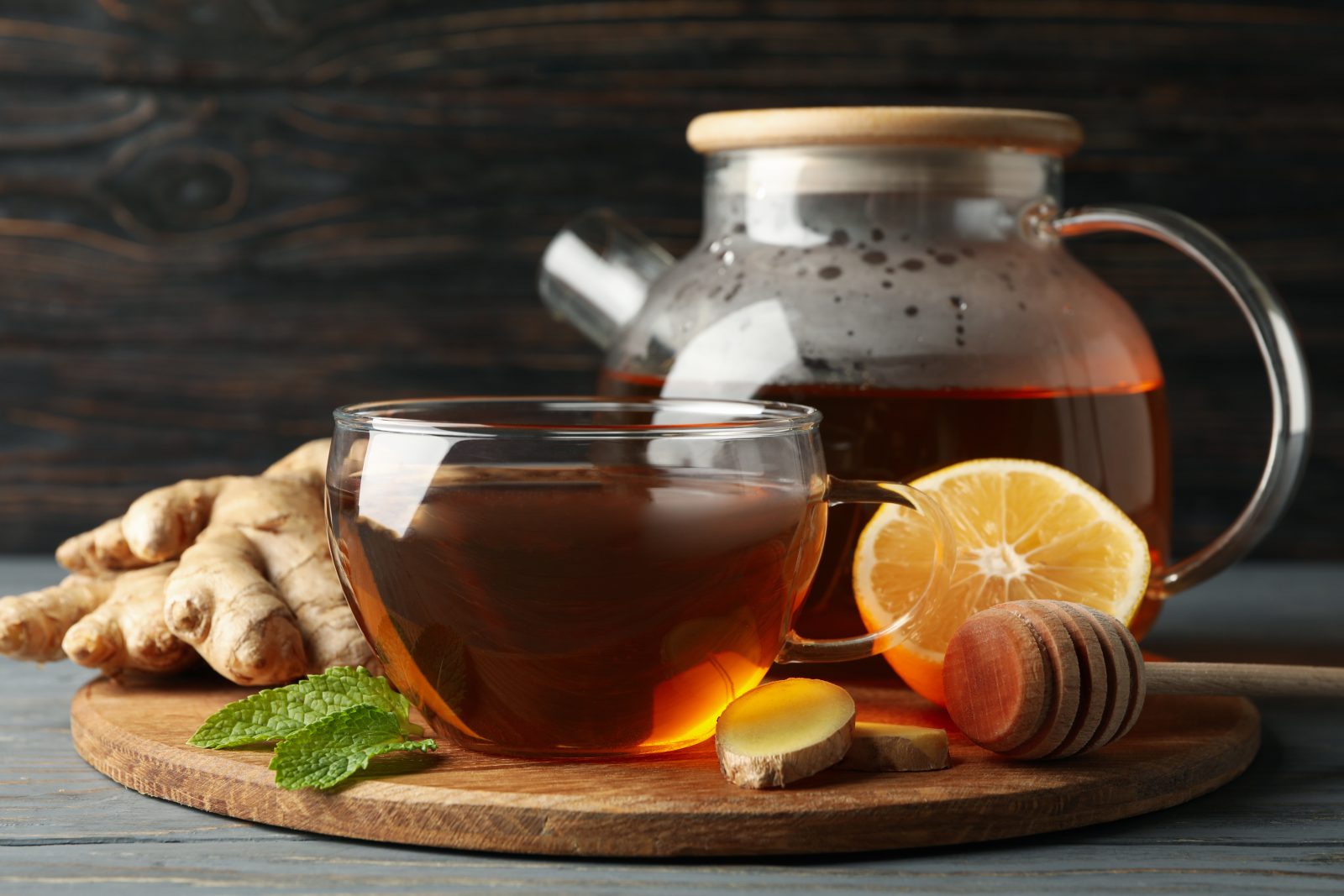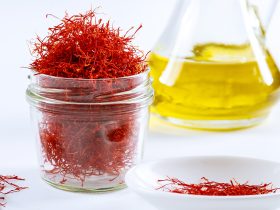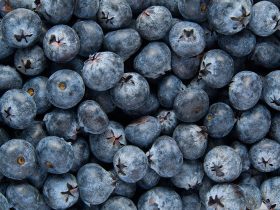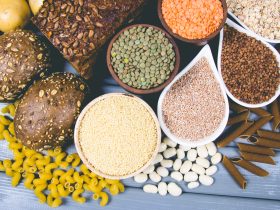A well-functioning digestive system is crucial for overall well-being. It’s not just about eating right; staying hydrated plays a pivotal role in supporting digestion.
Opting for warm water, herbal teas, or select juices isn’t only about quenching thirst, it can actively combat inflammation and significantly enhance gut health.
Digestive distress, marked by audible stomach noises, uncomfortable gas, or irregular bowel movements, can disrupt daily life. Fortunately, there’s a simple yet effective remedy: beverages that specifically target digestive trouble.
These elixirs don’t just calm down your digestive system, they elevate its function, fortify gut health, and facilitate nutrient absorption.
Ideal beverages to have after a meal to help your digestion
After a meal, opting for specific beverages can significantly aid the digestion process and support overall gut health. When food or liquid makes its way through the esophagus into the stomach, digestive enzymes break it down before entering the intestines, where vital nutrients are absorbed into the bloodstream.
Beneficial bacteria in the gut play a pivotal role in digestive function. Disruption in gut bacteria has been linked to conditions such as obesity and inflammatory bowel disease, underscoring the importance of maintaining a healthy gut microbiome.
Water and fiber play critical roles in facilitating smooth digestion and ensuring the efficient passage of waste through the digestive tract. Additionally, they contribute to softening bowel movements, fostering overall gastrointestinal wellness.
Several beverages are known to actively support nutrient absorption, bolster gut health, and mitigate inflammation in the intestines. Here are some of the key drinks to consider post-meal:
- Water
Water is crucial for many bodily functions, including digestion. Recent studies have indicated that consuming warm water might have a positive impact on gut health by potentially aiding gut bacteria and thereby supporting the digestive process.
The digestive system relies on proper hydration to function optimally. Warm water, specifically, may offer additional benefits due to its potential effect on gut bacteria.
If you struggle with your water consumption, here are 10 easy ways to make water taste better, which will help you drink more.
- Herbal and Spiced Teas
Various teas like peppermint tea, turmeric tea, ginger tea, and fennel tea are renowned for their digestive benefits. The herbs and spices present in these teas possess anti-inflammatory properties, relieving symptoms of digestive discomfort and aiding in inflammation reduction.
- Kombucha
Kombucha is a fermented tea beverage known for its potential health benefits, particularly due to its abundance of probiotics. Probiotics are live microorganisms that provide several health advantages, especially in supporting gut health and digestion.
This fizzy, tangy drink is made by fermenting sweetened tea with a symbiotic culture of bacteria and yeast (SCOBY). During fermentation, probiotics, such as various strains of bacteria and yeast, multiply and thrive, enriching the beverage with beneficial microorganisms.
Research has indicated that consuming kombucha might contribute to improved gut health by supporting the balance of bacteria in the digestive system. Probiotics found in kombucha could potentially aid in nutrient absorption by enhancing the gut’s ability to break down and absorb nutrients from food.
- Kefir
Kefir is a fermented milk drink known for its rich probiotic content, providing a diverse array of beneficial microorganisms that can support a healthy digestive system.
The presence of probiotics in kefir contributes to several potential benefits for digestion. Apart from probiotics, kefir is also a source of essential nutrients such as protein, calcium, and vitamins B12 and K2. These nutrients can contribute to overall health and play a role in supporting the digestive system’s proper functioning.
Consuming kefir regularly as part of a balanced diet can potentially help improve gut health, promote digestion, and support overall well-being.
However, it’s important to note that individual responses to kefir may vary, and some people may be intolerant to lactose or have allergic reactions to dairy products.
- Prune Juice
Prune juice is renowned for its high fiber content, making it a well-known natural remedy to support regular bowel movements and aid in digestion.
Fiber is an essential nutrient that plays a crucial role in maintaining digestive health. Prune juice contains a significant amount of dietary fiber, specifically soluble fiber called pectin, which helps soften stool and promote bowel regularity.
Additionally, it contains sorbitol, a natural sugar alcohol that acts as a mild laxative, further aiding in relieving constipation.
- Green Juices or Smoothies
Green juices or smoothies are beverages that often contain a variety of green vegetables, fruits, and sometimes additional ingredients like herbs, nuts, or seeds. They are recognized for their richness in water content and fiber, contributing to the smooth movement of waste through the digestive system.
The main components of these beverages, particularly green vegetables like kale, spinach, cucumber, and celery, are high in water content. Hydration is crucial for digestion as it softens stool, making it easier to pass through the intestines, thus preventing constipation.
You can find more interesting information in this article about the importance of consuming celery juice, for example.
Incorporating these beverages into your post-meal routine can significantly contribute to enhancing digestion, promoting gut health, and mitigating digestive discomfort. Regularly opting for these drinks can aid in maintaining a harmonious and efficient digestive process, ensuring optimal well-being.
What drinks you should not consume after a meal
After a meal, it’s prudent to be mindful of certain drinks that might hinder the digestion process rather than aiding it. While some beverages offer digestive benefits, others can have adverse effects on your digestive system:
- Alcohol in Excessive Amounts
Research indicates that excessive alcohol consumption can have detrimental effects on digestion. It has been linked to increased inflammation in the intestines, potential damage to the digestive tract, and adverse impacts on gut health.
- Carbonated Drinks
Carbonated beverages contain gas that can elevate stomach acid levels, leading to discomfort such as bloating and an urge to burp. This can disrupt the digestive process and cause discomfort post-meal.
- Beverages with Cow’s Milk (for Lactose Intolerant Individuals)
For those who are lactose intolerant, consuming beverages containing cow’s milk can trigger gastrointestinal distress and inflammation. This can lead to discomfort and digestive issues post-consumption.
Being aware of the potential negative impacts of these drinks on digestion is crucial. Limiting or avoiding these beverages after meals can help maintain a healthier and more comfortable digestive experience, fostering overall gastrointestinal well-being.
What you can do to further improve your digestion
- Consider Probiotics
Incorporating probiotics into your routine can significantly improve gut health. These supplements help balance the gut microbiome, fostering a healthier digestive environment.
- Light Physical Activity
Engaging in a leisurely walk after a meal can be beneficial. Light exercise aids digestion by leveraging gravity to help move food through the digestive system, facilitating smoother digestion.
- Stress Reduction Techniques
Participating in activities that lower stress levels, such as deep breathing exercises, practicing yoga, or receiving acupuncture, can positively impact digestion. High stress levels can impede the digestive process, so managing stress is crucial for optimal digestion.
- Food Journaling and Consultation
Keeping a food journal to track digestive issues and identifying trigger foods can be enlightening.
Seeking guidance from a dietitian can provide valuable insights into avoiding food triggers and allergens that might be impacting digestion negatively.
- Avoid Resting or Sleeping Immediately
Refrain from lying down or going to sleep right after eating, as this can slow down the digestive process. Staying upright encourages proper digestion by allowing gravity to assist in the movement of food through the system.
- Lifestyle Changes
Certain lifestyle adjustments can immensely benefit digestion:
- Quitting smoking aids in preserving digestive health and contributes to overall well-being.
- Moderating alcohol consumption supports better digestive function and reduces the risk of inflammation in the gut.
If digestive issues persist even after implementing these tips, seeking medical advice is essential. Consulting with a doctor can lead to ruling out underlying health concerns.
Additionally, doctors can recommend dietitians and other specialists who specialize in gastrointestinal health and may offer valuable insights and tailored solutions to alleviate digestive problems.
Prioritizing hydration and incorporating specific post-meal beverages can notably aid digestion. However, in cases of ongoing digestive discomfort or health conditions affecting the digestive system, seeking professional medical guidance is imperative for appropriate diagnosis and personalized support.
















Find Us on Socials